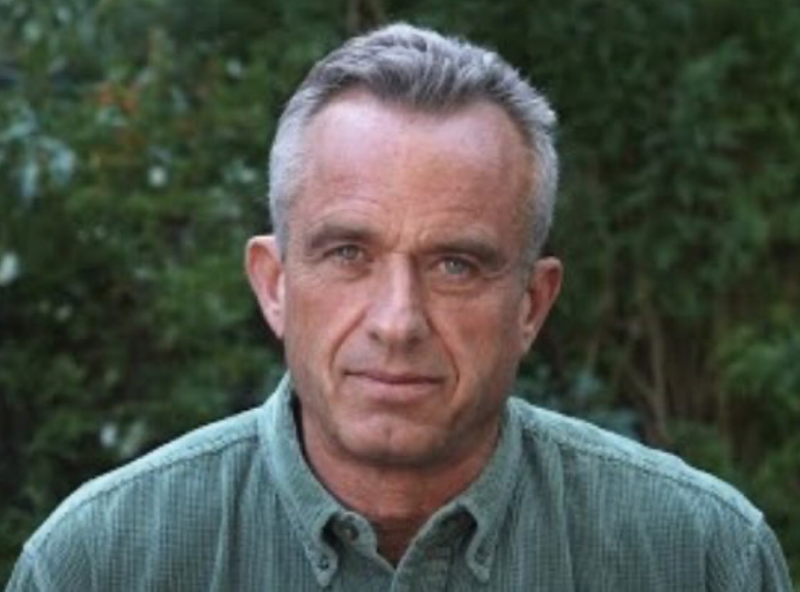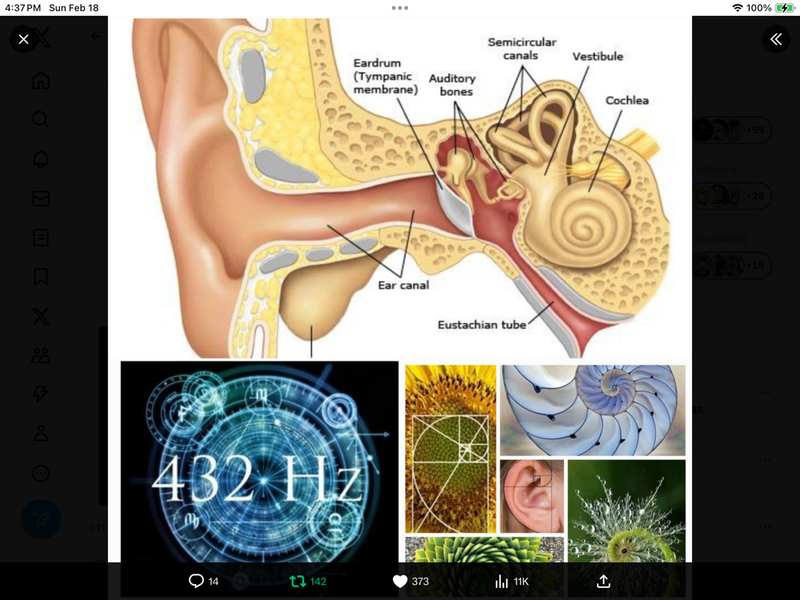|
FROM THE BOOK DESCRIPTION Anita Moorjani astounded fans across the globe with her bestselling book about overcoming cancer and her life-changing near-death experience. Now she returns with Sensitive Is the New Strong, a powerful, heartfelt book on harnessing and fostering empathic gifts in today’s difficult, fear-based world. Empaths not only sense other people’s emotions, but also absorb them-sometimes to their own disadvantage, often leading to overwhelming sensory overload and feelings of confusion or low self-esteem. Their willingness to help and please others might make them prey to opportunists or cause them to give away more energy than they can afford. But Anita Moorjani argues that it’s possible to turn this onslaught of emotional burden into a powerful tool. In a time when traits like sensitivity, kindness and compassion are sorely undervalued, Moorjani helps empaths-whether emerging or acknowledged-navigate obstacles they may face and identify what makes them unique. Finally, she teaches them how to claim their true powers as empaths, to be their most authentic selves, shifting their own trajectory and leading to shift the trajectory of the planet in a more conscientious direction. Filled with eye-opening personal anecdotes, insights from other empaths, meditations and self-affirming mantras, Sensitive Is the New Strong is an empowering book that demonstrates the positive power of sensitivity. GARY'S NOTE
So far, this book has been like a friend talking with me in an open, friendly way. I am on Chapter 4, and impressed with the helpful way it describes the ego. Certainly insightful to me and my understanding. When possible, I'll add an excerpt from that chapter on the Whole Human site, with permission. EXCERPT FROM THE BOOK Chapter 1: ARE YOU AN EMPATH? MANTRA: “I am a soul, not a role.” Lying on my mat, breathing in a mist of frankincense and neroli oils, I slowly opened my eyes, just enough to peek at the ceremony going on around me. The shaman circled the forty other participants in the cabin, chanting mantras in his native tongue that echoed and reverberated off the high-vaulted ceilings. For several minutes he waved a burning sage stick over each person in a circular motion while an assistant sprayed the air with liquid that smelled like the plant-based aromatherapy oils I burned at home. Another assistant waved a wand that looked like a deer horn, drawing patterns in the thick smoke created by the burning sage. This ritual was designed, we were told, to clear us of any unwanted energies that we were inadvertently carrying around in our bodies—energies accumulated from urban living that could eventually lead to exhaustion, stress, and depression. I closed my eyes and, within minutes, I heard the shaman, followed by his dancing, drumming, incense-waving assistants, approach me. I sensed him looking down at me. Then, with the smell of burning sage overwhelmingly thick and strong, a deep voice whispered in my ear, “Get up and come with me.” Dressed in white and wreathed in white feathers, his two assistants by his side, he beckoned me to get up and follow him. I looked around the room. Everyone was still lying on their mats in a trance. As the two assistants held the drumbeat steady and chanted to sustain the altered state of the others, I followed the shaman to the front of the room, which was dark, aside from a few flickering candles. I’d known this would be an all-night affair, but I’d lost track of time. Was it two o’clock in the morning? Three? And why, here in this huge cabin in the middle of the Costa Rican jungle (where I’d planned to relax but instead found myself, at the urging of two friends and spurred on by my own curiosity) at a type of ceremony I’d never attended, had I been singled out? The shaman sat in a large wicker chair, the back of which towered over him and fanned out like a peacock’s tail. He signaled for me to sit on the floor in front of him. As I took a seat, I felt both apprehensive and excited. What would he say? “It looks to me like you need a special healing,” he said. “I’d like to perform that for you.” Why me? “You are different,” he said, as if reading my mind. “You have a special purpose here, and I can sense that you need some help.” He asked me to close my eyes, then put his hands on my head and started chanting again. He then asked me to lie down on the ground as he sprinkled the frankincense/neroli–scented liquid over me in a ritual that proceeded for another twenty minutes. Finally, he told me to sit up. I felt light-headed and unsettled. “You have a special purpose,” he eventually said again, “but you haven’t been developing it to the best of your ability. You have been absorbing a lot of energy that is not yours. Tell me, has something unusual happened to you in your life? You are different. Your energy is different from others. You have a gift, but you have buried it.” In fact, something quite unusual had happened in my life. I told the shaman how I’d almost died from cancer several years earlier. I told him about the near-death experience (NDE) that had saved my life. I explained how, after I came back from my NDE, I went on to talk and write about it. The late, great Dr. Wayne Dyer had discovered my life story and encouraged me to write my first book, Dying to Be Me, which put me on the world stage in 2011. Deep down, I had this inner knowing that this was my calling—my destiny—to share what I’d learned with the world. Wrapped within the message of self-love I felt compelled to deliver was the importance of being fearlessly authentic, speaking our truth, and being, unapologetically, who we are. We are, after all, expressions of divinity. But after the publication of my first book, I was suddenly thrust into the international spotlight on a massive scale, into a life that was bigger than I’d ever imagined; and although it felt so right—it felt like the life I was meant to live—it was also a life I’d never been socialized to deal with. You see, in the past, before my NDE, I was invisible. I contorted myself emotionally to please other people, denied my own needs, said “yes” when I wanted to say “no,” and dimmed my own light to gain people’s approval or avoid disappointing them. I was also supersensitive—so sensitive that I often experienced other people’s emotional or physical pain in my own body. In fact, I was sometimes even more sensitive to other people’s feelings than I was to my own, putting myself last even to the point of apologizing for my own existence!
0 Comments
Your comment will be posted after it is approved.
Leave a Reply. |
Archives
November 2023
|


 RSS Feed
RSS Feed
